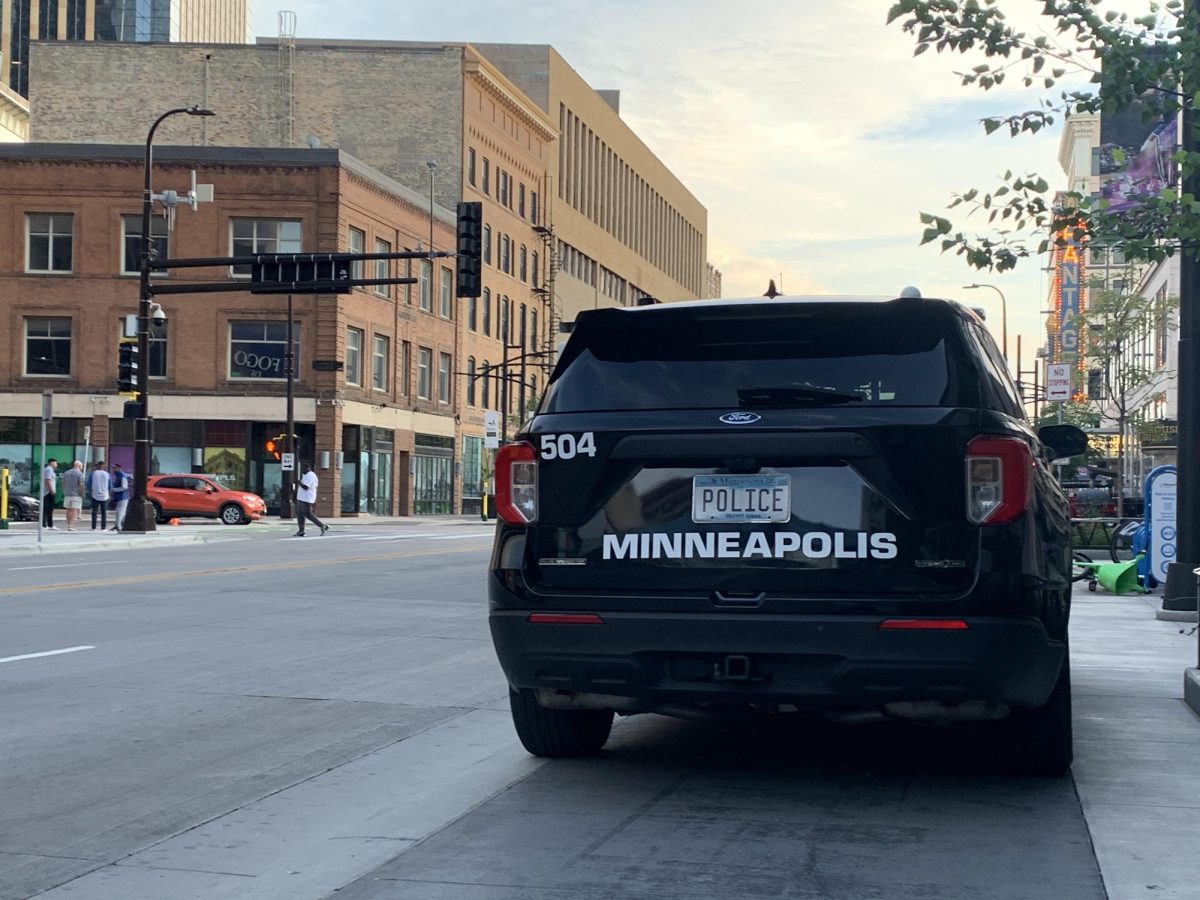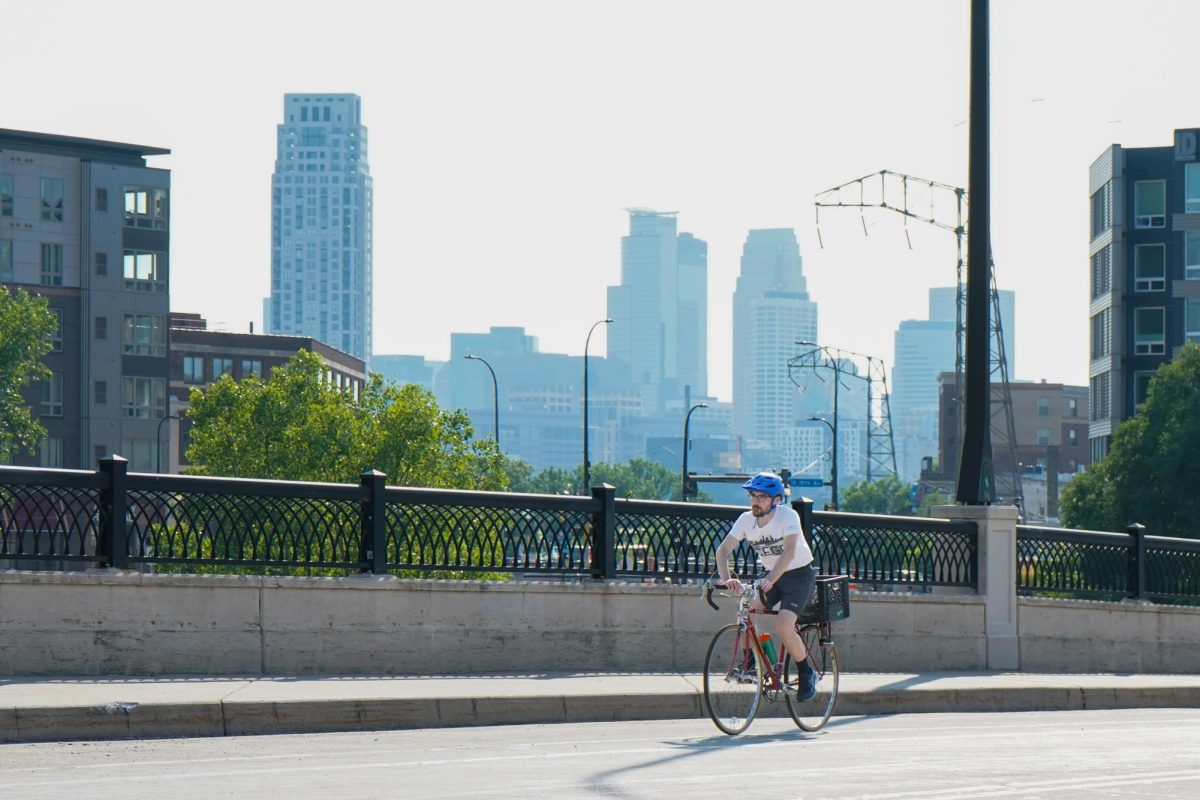The Minneapolis City Council unanimously approved a new $1 million, two-year contract on Nov. 16 with New York University’s (NYU) Reimagining Public Safety Policing Project to help the city implement new safety alternatives to policing.
The Policing Project will use the Safe and Thriving Communities report to create new programs and change older ones to prevent violence and limit police interactions.
The report focused on three areas of improvement — preventative, responsive and restorative needs — to the city’s current public safety system.
Violence interrupters, changes to the 911 calling system to address mental health needs and greater cooperation with community groups could be in Minneapolis’s future, according to Director of Reimagining Public Safety Alex Heaton.
Heaton said finding the failures in the current public safety system and offering solutions is their goal for the next two years.
“We’re coming in and over the next couple of years we’ll be identifying all of the programming that currently exists so that we can see where there are gaps that need to be filled,” Heaton said.
Minneapolis Mayor Jacob Frey supported the contract and said it is an important stepping stone in building up the city’s public safety system.
“Let’s do this right because we want these services to be serious and we want them to last for many, many administrations,” Frey said in a Nov. 13 press conference. “This is about doing the right work to get the foundations set up from the get-go.”
Heaton said Minneapolis’s behavioral crisis response teams, which replace officers with mental health professionals, are an example of programs the city launched, changing what public safety means by shifting responsibility away from officers.
Former Minneapolis mayoral candidate and activist Sheila Nezhad said public safety needs to be changed by emphasizing non-police alternatives to prevent crime.
“We should absolutely be funding violence prevention, which is also housing, healthcare and education,” Nezhad said. “Those are some of the most effective forms of preventing violence and crime.”
While officers would continue to respond to violent crime and go on patrol, administrative roles, mental health crises and public health emergencies could be left to other governmental agencies and community groups, according to Heaton.
Minneapolis Police Department (MPD) spokesperson Garrett Parten said MPD could still be needed for mental health emergencies involving a weapon.
Heaton said improving the public safety system in Minneapolis will help the community restore trust in MPD.
“Part of any reimagined public safety is the ability of the government to better respond to the concerns of all of its residents,” Heaton said. “There is an aspect of improved legitimacy that comes with improving the government’s response.”
As the city implements mandatory reforms from the Minnesota Department of Human Rights’s and Department of Justice’s consent decrees, changes to how MPD operates are inevitable.
“We want to make sure that we can build in addressing some of the consent decree requirements into the work that we’re doing,” Heaton said. “We’re all working together to improve the ability of the city to provide those services.”
Nezhad said efforts to improve public safety focused too much on MPD and not enough on crime prevention.
“We’ve been asking the wrong question. People have been asking, ‘How do we reform the police? How do we make the police less violent?’” Nezhad said. “When the question should be, ‘How do we reduce violence?’”
Community input from the previous report will be used to find current issues the community has and focus group interviews will likely be used to gauge community interest in the solutions the project offers, according to Heaton.
Heaton said the push to change public safety and policing is happening beyond Minneapolis.
“What’s happening in Minneapolis is happening across the country,” Heaton said. “Municipalities are all attempting to reimagine how they create public safety so that it’s more inclusive of their entire population.”
























Mark Dougherty
Jan 30, 2024 at 5:13 pm
How to make cops less violent? Prosecute them for ALL the violence they commit.
They’ll all quit? Good. We’ve just solved police violence.